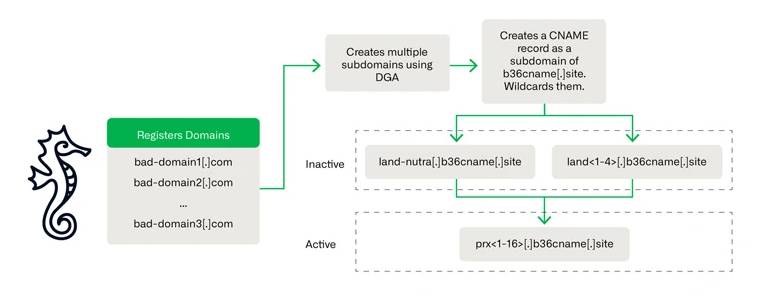
Password pirates are targeting PetSmart accounts.
PetSmart, America’s top retailer of pet products and services, has issued a warning to consumers about growing password-guessing attacks, commonly known as credential stuffing.
The corporation claims that there is no evidence that any of its systems have been breached. However, internal security systems detected an upsurge in password guessing assaults on petsmart.com. Customers who signed in during this time period got a mail alerting them that their credentials had been deactivated, Dark Web Informer reported on X.
Apple will not update third-party applications if customers leave the EU.
“While the login may have been genuine, we wanted to let you know. In order to safeguard you and your account, we have disabled your petsmart.com password. “The next time you visit petsmart.com, simply click the “forgot password” link to reset your password,” the message says.
.@PetSmart sent out the following email.#Ransomware #DarkWebInformer #Cybersecurity #Cyberattack #Cybercrime #PetSmart pic.twitter.com/Rib9SHtcaD
— Dark Web Informer (@DarkWebInformer) March 6, 2024
The firm is understandably concerned because fraudsters are continually attempting to gain user names and passwords and then reuse them across different platforms and websites, including petsmart.com.
Secrets Sensei: Overcoming Secrets Management Challenges.
The letter recommends using strong passwords and updating them many times each year. However, most of these attacks may be prevented simply by activating multi-factor authentication.
“We’d like to praise PetSmart for how it handled the attack, setting a good example by warning customers,” Malwarebytes Labs said in a blog post. “While we don’t agree with everything in the email – a strong password would not have made a difference here – it is informative, to the point, and helpful.”
Google’s newest workplace has AI designers working in a Wi-Fi desert.
Credential stuffing attacks often begin when fraudsters gain vast amounts of usernames and passwords from earlier breaches. Automated technologies enable bots to quickly cycle through login credentials, hitting websites and online services in an effort to hijack user accounts.








